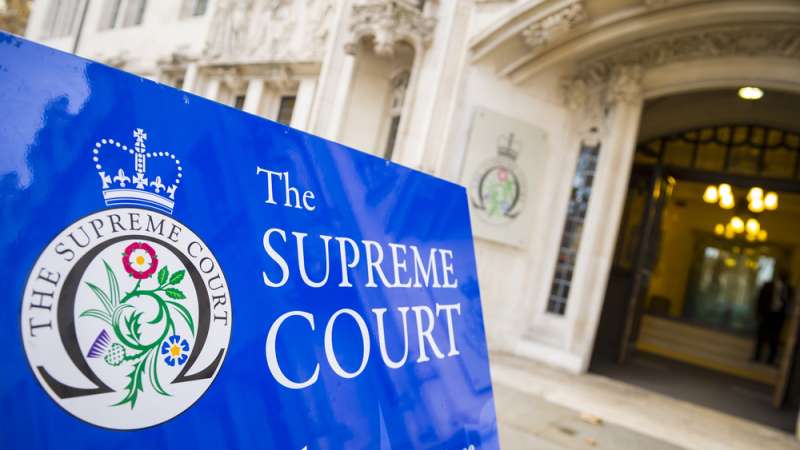
Discrimination and the Equality Act 2010
It is unlawful to discriminate against someone on the basis of one of the nine protected characteristics listed in the Equality Act 2010. These are age, disability, gender reassignment, marriage and civil partnership, pregnancy and maternity, race, religion or belief, sex and sexual orientation.
The Act also describes the various forms of unlawful discrimination - some of which apply to all the protected characteristics (such as direct discrimination, indirect discrimination, harassment and victimisation), and some of which only apply to specific protected characteristics, such as failing to make reasonable adjustments for a disabled employee.
Someone is directly discriminated against when they are treated less favourably by their employer because of a protected characteristic.
Discrimination by Association and Perception
You don't necessarily need to have a protected characteristic to be directly discriminated against because of it.
This applies to two forms of discrimination:
- discrimination by association (or 'associative discrimination'); and
- discrimination by perception (or 'perceptive discrimination').
What is associative discrimination?
Direct discrimination can occur when an employer treats an employee less favourably because of a protected characteristic that the employee does not personally possess. This is commonly known as 'discrimination by association'.
Associative discrimination could occur where a worker has a relationship with a parent, child, partner, carer or friend who has a protected characteristic. For example:
- A father with sole carer responsibility for his disabled son needs time off work whenever his son has medical appointments. The employer appears to resent the fact that the worker needs to care for his son and eventually dismisses him. The dismissal may amount to direct discrimination against the worker by association with his disabled son; or
- A manager treats a heterosexual worker less favourably because she has been seen out with a friend who is gay. This could be direct sexual orientation discrimination against the worker because of her association with this person.
Discrimination by association doesn't apply to all protected characteristics. The legislation does not cover marriage and civil partnership and pregnancy and maternity.
Associative discrimination does not apply to instances of indirect discrimination (i.e. where a policy or practice of the employer puts employees with a certain protected characteristic at a particular disadvantage). It has to be based on direct discrimination.
What is perceptive discrimination?
The wide definition of direct discrimination also encompasses discrimination by perception. When someone is treated less favourably because others believe they have a protected characteristic, even though in reality they don't have it, it is perceptive discrimination.
For example, this might occur in the following ways:
- An employer rejects a job application form from a white woman whom it wrongly thinks is black because the applicant has an African-sounding name; or
- An employer rejects a masculine-looking female job applicant who performs best at the interview because, due to her appearance, it wrongly believes she is transgender.
These examples could be considered discrimination by perception, regardless of whether the job applicants really were of African descent or transgender.
Like associative discrimination, perceptive discrimination does not apply to the protected characteristic of marriage and civil partnership, nor pregnancy and maternity, and it must be in the form of direct discrimination.
Here to help
If you feel that you have been discriminated against or simply have questions regarding discrimination by association and perception, please contact our Employment Law Team below.









